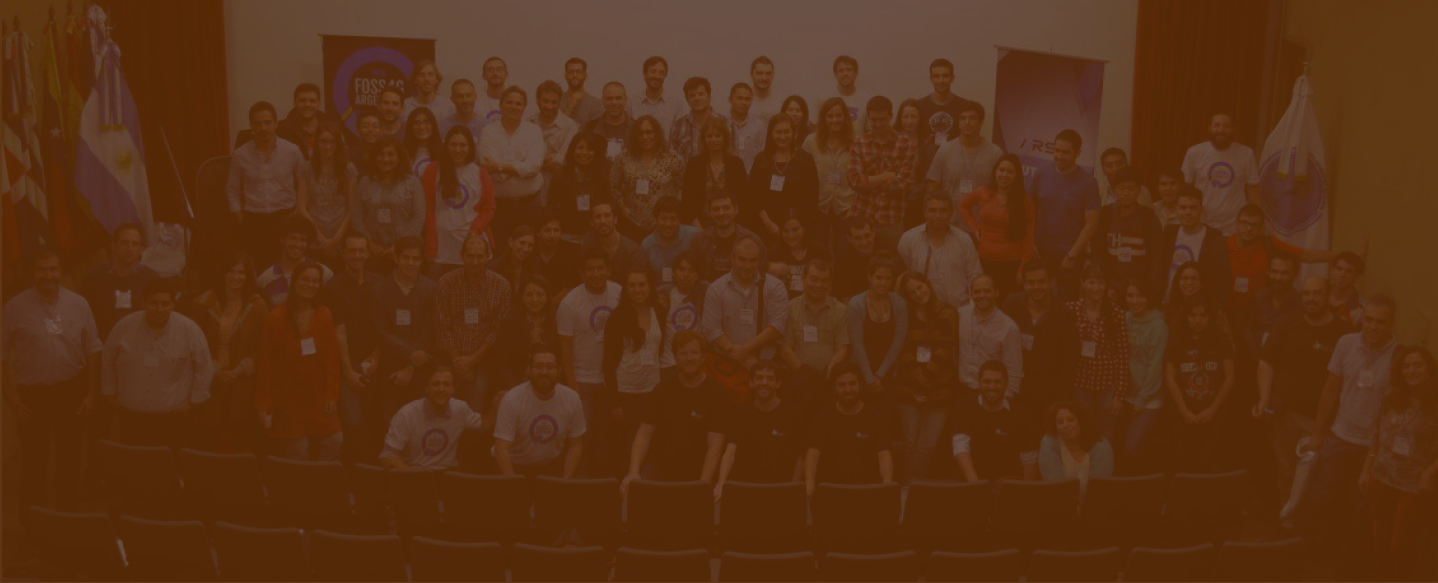2021-09-30, 09:00–09:30, Aconcagua
Can open source software increase the participation of Indigenous people’s use of geospatial and temporal tools for greater self-determination, nation re-building, and decolonizing mapping use in Australia?
In the same way that open source software has been utilized to preserve Indigenous languages around the world, a similar approach can also be used to develop a digital ecosystem of computationally dependent and interoperable applications and platforms to reflect the unique and varied ways Indigenous peoples connect to culture, community and land.
The concept of one nation covering the entire landmass known as ‘Australia’ was enforced post federation by European dominance of cartography, and later GIS, and reinforced by the advent of Google maps that are devoid of Indigenous recognition of ‘county’ or place-names.
GIS has a lot to answer for but perversely offers a potential solution to First Nations Australians to finally define what is their country, ie; Badmia, Kaurna, Wurundjeri, Wiradjuri, Yolngu et al.
The well known example based on Norman Tindale’s work, and built upon by David Horton as a result of his research and book ‘The encyclopedia of Aboriginal Australia’, often referred to as the ‘Aboriginal Language Map’ still contains inaccuracies and omissions that were both a product of the times and multiple other factors including colonization of Australia’s Aboriginal and Torres Strait Islander people.
Reducing both the monetary and cultural barriers that have seen Aboriginal peoples not be able to impact the use geospatial tools is undergoing rapid change and gaining much more attention. Using these tools for improving health and human service delivery is also another area that can benefit the Aboriginal community controlled sector as well.
Having these tools in the hands of Aboriginal people, communities and organizations is a huge opportunity to redefine the way the land is viewed and potentially, seen and experienced by all people in Australia.
Darren Clinch (1)
(1) University of Melbourne, Australia
Track –Community / OSGeo
Topic –Indigenous Mapping / Pueblos Originarios
Level –1 - Principiants. No required specific knowledge is needed.
Language of the Presentation –English
Darren Clinch is a Badimia man from Yamatji country in Western Australia, and is currently the Data Analytics Coordinator for the Indigenous Data Network, University of Melbourne. His role involves providing digital, technical and data collection, management, and analytics related solutions for the NIAA funded ‘Community Data Project’.

